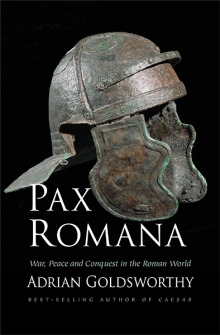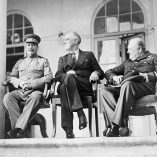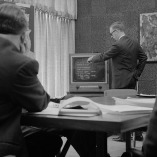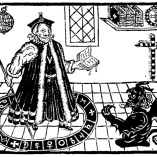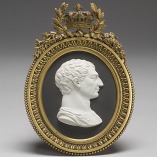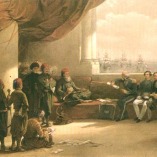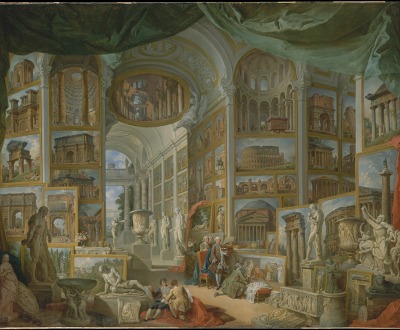
Ancient Rome, by Giovanni Paolo Panini, 1757. The Metropolitan Museum of Art, Gwynne Andrews Fund, 1952.
“Peace is not an absolute, but relative,” Adrian Goldsworthy reminds readers at the beginning of his book Pax Romana: War, Peace, and Conquest in the Roman World. So what does “Roman Peace” look like once you zoom in on the details and recall all the conquering? It’s complicated, the historian shows, and although this ancient peace feels very different from all the world we live in now—and all the history these moments bookend—there’s also no doubt that these layers of conquest and pockets of peace shaped the world in monumental ways.
Lewis H. Lapham talks with Adrian Goldsworthy, author of Pax Romana: War, Peace, and Conquest in the Roman World.
Thanks to our generous donors. Lead support for this podcast has been provided by Elizabeth “Lisette” Prince. Additional support was provided by James J. “Jimmy” Coleman Jr.
